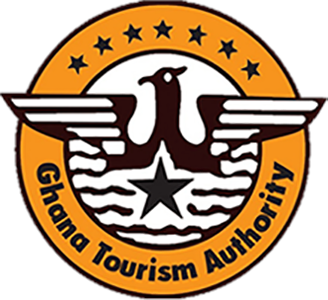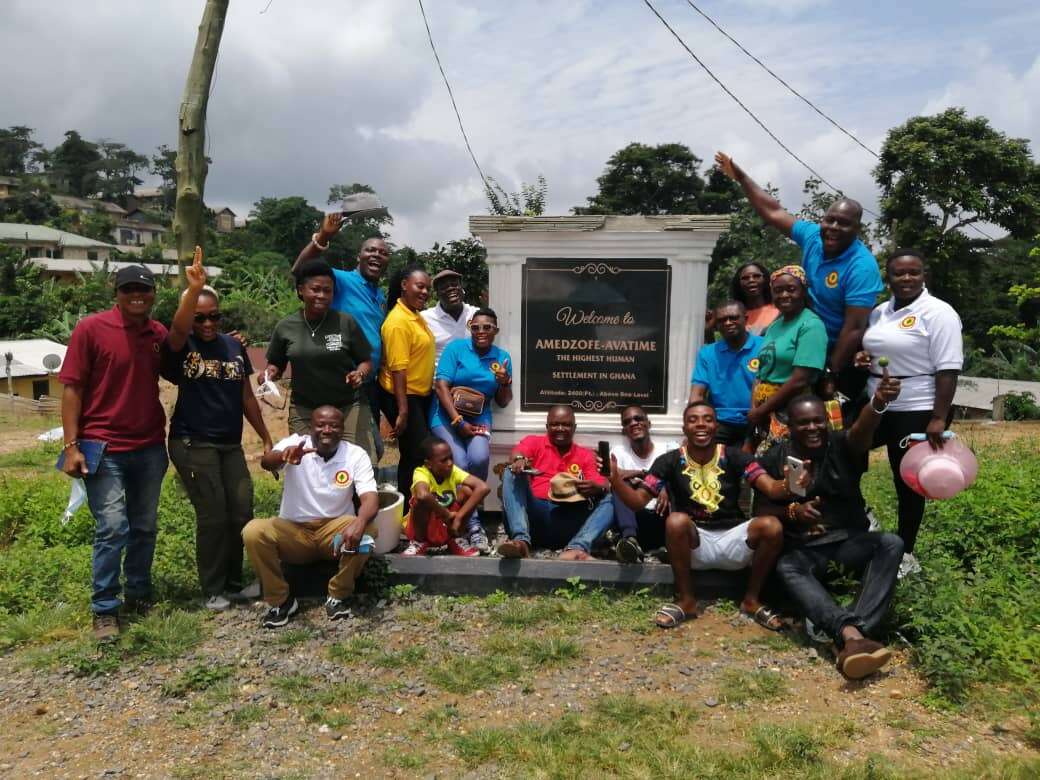One of the most indispensable and invaluable links in the Tourism value chain is the Tour Guide.
The Tour Guide is the only person who comes into direct contact with all the other players within the Tourism and hospitality sector. It is the duty of the Tour Guide to meet and welcome the tourists at the port. Both air and sea, and sometimes, at the land borders. He works with the Tour Operator to build a good and acceptable tour package. The Tour Guide dialogues with hoteliers and advise them on his clients’ best choices and tastes. He deals with the restaurateurs.
The Tour Guide does not only spend his or her life in the cozy environs of the city but equally travels with tourists who have a taste for adventure and curiosity to the remotest parts of the country and introduces them to the local communities.
In short, the Tour Guide is an all-round frontrunner. Without the services of the professionally trained Tour Guide, there would be a very wide yawning gap within the industry. The Tour Guide acts as the Eyes and Ears by which the tourists sees and hears. The better his eye sight and the sharper his ears, the better the experience for the tourist.
Lastly and most importantly, the Tour Guide is the confidant for the tourist. At the end of it all, the tourist pours his heart out into the ears of the Tour Guide. The negatives as well as the positives. What needed to be fine-tuned and the expectations for the next tour. A good Tour Guide makes a tourist want to come back again, and again and again.
One of the secrets of a great Tour Guide is his ability to know the tourist routes well. And that is why when a Tour Guide is not busy with tourists, he is busy with familiarization tours. Or Fam-Tours for short.
A familiarization tour as the name implies is one that makes a Tour Guide to get himself or herself familiar with a chosen route. It is a kind of trip that witnesses Tour Guides taking turns to guide; to educate their peers on a coach. The coach then becomes a moving classroom for Guides.
About a week ago, the Tour Guides Association of Ghana, led by their Chairman Mr Samuel Banibensu (Sam Bans) embarked on a two day famtour to parts of the Volta region. The tour took them to Kwame Akoto’s spiritual art studio.
Kwame Akoto Bamfo is a sculptor, lecturer and consultant. His project is a means of commemorating the millions of people from Africa who were imprisoned, kidnapped or coerced into slavery. The site of his installation is poignant for Nuhalenya Ada was a stopping point on the slave trade route in the 16th and 17th centuries first for the Dutch and then for British traders. The majority of the slaves transported were Senegambians; what is today Senegal and Gambia, Guinea Bissau and Mali, followed by people of the Gold Coast, the neighbouring winward coast, now Ivory Coast and others from the Bight of Benin which is today’s Eastern Nigeria and Cameroon.
Akoto Bamfo first started making his sculptured human heads in 2010 and begun to install them in the field near his studio in 2018 nearly 400 years after the first slave ship landed at point Comfort in Virginia. The design for each head comes from his own imagination. The aim is to eventually create 11,111 heads.
The next stop point for the Tour Guides was the Vume Pottery Township.
The people of Vume migrated from Denkyira in 1701 because of wars with the Ashanti and it is said that they brought pottery techniques with them. This would mean that traditional pottery of Vume begun over 300 years ago. In fact, the art of pottery is as old as man and has been an important part of human culture for thousands of years. Archaeological sites have revealed various pottery works used by ancient civilizations. What I want to refer to as contemporary pottery however started when the British potter, Michael Cardrew came to Vume in the mid-1940s. He brought with him potter’s wheels, kilns and glaces which were previously not used in Vume. Vume has rich clay reserves.
Another point of interest that attracted the Tour Guides on their Fam-Tour was Atorkor. Atorkor is a small village in Anlo district. It is sandwiched between the sea and the lagoon and have some of the warmest people. The main economic activity today is fishing. The spot brought in Akan speaking traders who transacted business with the natives. Due to the swarm of mosquitoes, the traders demanded in Akan language; “metor mekor ntem” meaning, let me buy and leave quickly. This Akan saying had changed the original name of Adelako korpe or Adelako’s village to Atorkor. A corrupted version of “metor mekor ntem”. Atorkor, like other places in West Africa was also associated with the slave trade.
The icing on the cake for this Fam-Tour was the audience with the Anlo chiefs and elders. Our host chief was Torgbui Tudoabor. The Tour Guides were warmly welcome to his palace amidst drumming and dancing of ‘adzogbo’ dance. We were treated to a narration of the Anlo history and later taken round some of the touristic sites. It was a wonderful experience.
Two other prominent sites visted by the Guides in Anlo were the Fort Prinsenztine and the Cape St Paul lighthouse.
Fort Prinsenztine was initially built by Danish traders in 1784 for defensive purposes in a war against the Anlo Ewe – Sagbadre war and to keep the area safe from other colonial powers. It was later used as a dungeon for slaves awaiting transportation to the Carribean. The fort was also used as prison for a period before it was partially destroyed by the sea in 1980.
Cape St Paul lighthouse was built in 1901. It is the only one of two of these types of lighthouses in the world and is believed to be the oldest lighthouse in the country. The only other kind of this lighthouse found in the United States is the Alpena lighthouse built in 1904.
After traveling for hours and stopping over at places of interest, the Tour Guides took a break to lunch at the clean, white sand Emancipation Beach at Keta. It was an amazing sight of local dishes like yakayake, abolo, workple and aborbi tadi.
Mr Samuel Banibensu
(Chairman – TORGAG)
0249993565
banash69@gmail.com


 Call Center
Call Center
